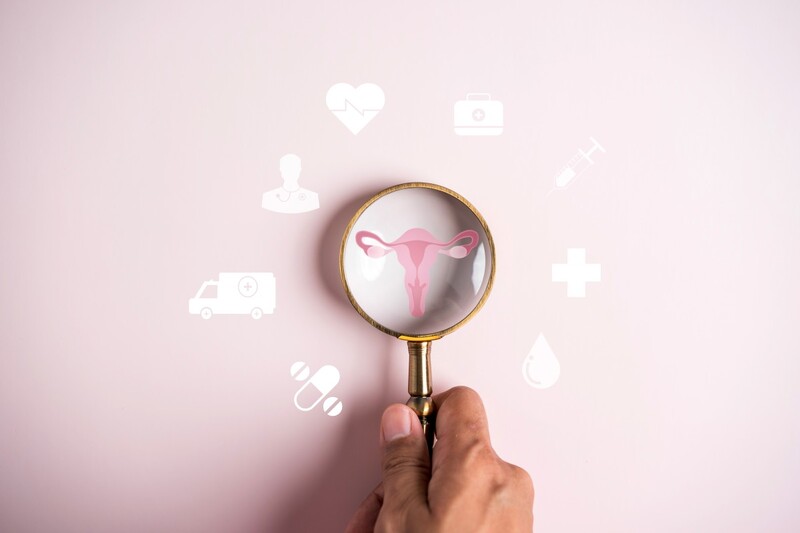Millions of women contemplate quitting jobs over menopause and menstrual health struggles
 Amy Assad
Amy AssadNew research from healthcare provider Simplyhealth reveals an urgent need for workplace support as a staggering 3.5 million or 23% of working women are considering quitting their jobs due to the impact of menopause or menstrual symptoms

The report, developed in collaboration with the Chartered Institute for Personnel and Development (CIPD), urges employers to take decisive action to create a supportive culture addressing women’s health issues.
It reveals that 55% of working women experience mood changes as a result of menstrual health problems, 52% find their ability to concentrate impacted, and 46% feel physically uncomfortable, contributing to a 40% reduction in productivity.
While 23% of women are contemplating quitting their jobs due to menstrual challenges, 14% are actively planning to quit. 87% desire more employer support for women’s health, with specific requests, including flexible home working (31%), time off for healthcare appointments (25%), and dedicated menstrual (20%) and menopause (18%) leave.
Current measures in place to address this issue are underwhelming as only 25% of employers have a menopause policy. Even then, the study reveals that a mere 9% of women experiencing menopause work for businesses offering leave for this purpose.
Dr. Macarena Staudenmaier Keglevich, Head of Clinical Product and Operations at Simplyhealth, emphasises the need for proactive employer measures. She said, "“while employers have started to offer more support for women in the workplace, our research shows more is needed. By adopting policies that meet women’s needs, employers can look to retain their workforce and positively impact their productivity."
Keglevich added that “as well as training for line managers, and HR policies that support and normalise leave, offering access to healthcare support — such as immediate GP access, can be hugely beneficial.”
Rachel Suff, Senior Employee Wellbeing Adviser at the CIPD, adds that providing effective support to help individuals manage symptoms at work will aid employers in retaining valuable skills and talent in a competitive labour market, and that “supporting employees with a natural life event and genuine health issue is also the right thing to do.”
Cara O’nions, a Marketing Director who had to quit her job due to menopausal symptoms, shares her experience, highlighting the need for change to ensure better support for employees going through menopause. She said, “I was 39 when I started experiencing peri-menopausal symptoms including joint pain, loss of physical strength, anxiety and exhaustion.
“Eventually, it got so bad that I had a full-blown breakdown in the office, which ultimately led to me leaving my job after a request to go part-time was denied due to my seniority.
“I am now in a new workplace and have set up a group to discuss menopause with anyone interested, regardless of gender or seniority.
“Although I hope it’s becoming easier to manage menopause in the workplace, unfortunately I know plenty of other women who have had experiences similar to mine. Things need to change to ensure better support for employees experiencing menopause.”
Rachel Grocott, CEO of menstrual equity charity Bloody Good Period said, “This data on the impact of menstrual and menopausal symptoms in the workplace is shocking but sadly not surprising. We hear all the time of how pain and other symptoms, a culture of presenteeism and a lack of education for everyone, of all genders, on both periods and menopause has a real impact on people at work.
“Employers should be taking a comprehensive approach to policies, culture and communication in the workplace, to ensure that the needs of women and people who menstruate and experience menopause are properly supported. This includes building everyone’s knowledge, having open conversations and making adjustments – for example, providing period products, factoring in breaks and rest time, and considering uniform requirements."
